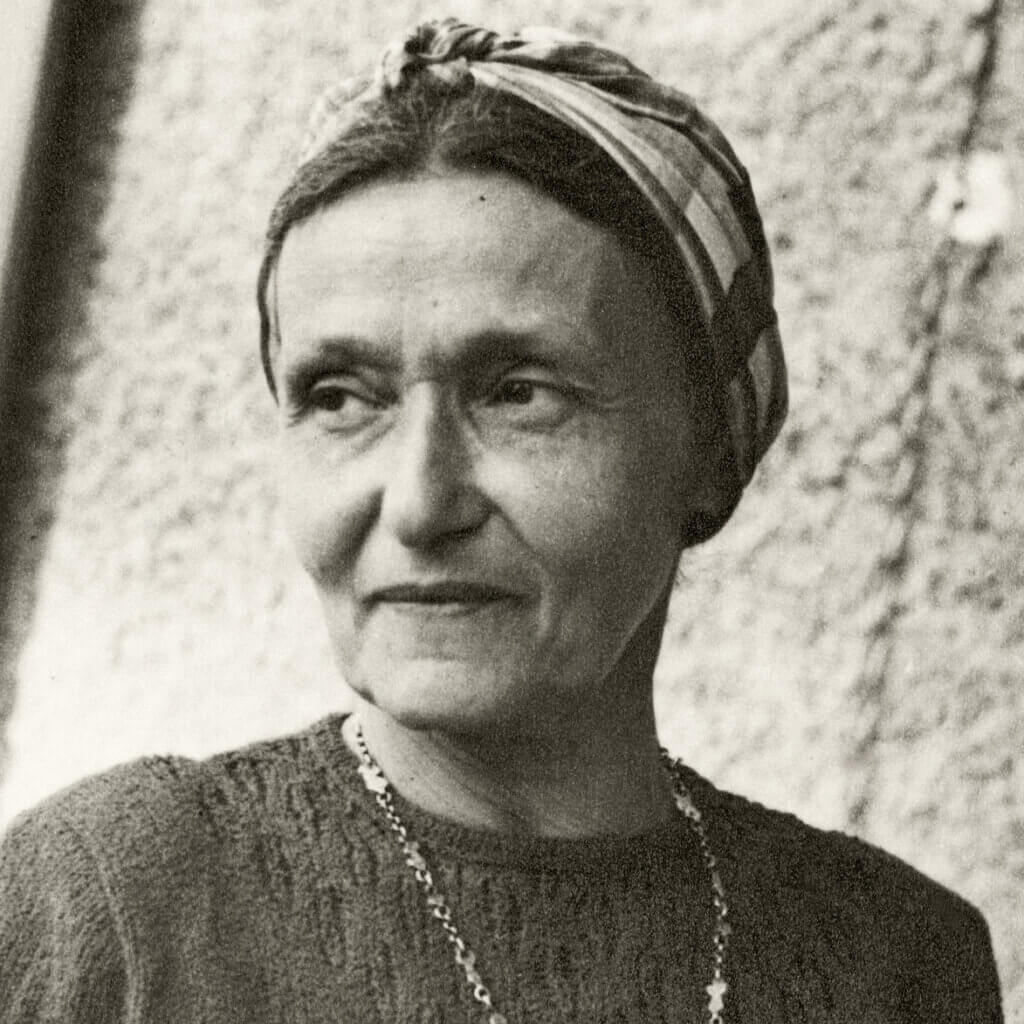Yiddish Women Playwrights Series
אַלע פֿענצטער צו דער זון
Ale Fenster tsu der Zun
(All the Windows Face the Sun)
by Kadya Molodowsky
The production was translated by Sabina Brukner and Faith Jones. Jenny Romaine directed and designed the production, with sound design by Nathan Leigh and production and editing by Motl Didner. The cast includes Mendy Cahan, Motl Didner, Zeydi Gold-Shapiro, Dylan Seders Hoffman, Heather Klein, Lori Leifer, Avram Mlotek, Zelda Kahan Newman, Jenny Romaine and Lili Rosen.
NYTF is proud to present the second installment of its Yiddish Women Playwrights Series.
About the Series
Along with groundbreaking productions of plays too-long ignored, the festival features a series of readings and lectures built to bolster your relationship with the women of Yiddish playwriting.
The series began in April of 2021 with Chava Rosenfarb’s The Bird of the Ghetto.
In Spring 2022, Ale Fenster tsu der Zun and all subsequent plays in the Women Playwrights Series will be completely free to stream. Just unprecedented access to some of the greatest writers you haven’t heard of.
About the Playwright

Kadya Molodowsky was a groundbreaking Yiddish dramatist, theatre critic, and poet — the first and only woman playwright to be published in the Yiddish theatre during the interwar period in Eastern Europe.
Molodowsky was a fair critic, reviewing high-brow stage works along with low-brow “shund” with equal dignity. She also wrote feminist poetry and modernist plays at a time when very few Yiddish writers dared to. In 1927, Molodowsky released Kheshvendike hekht, the first in a line of well-received books of poetry.
While her plays were never performed on the Yiddish stage, works like Ale Fentster tsu der Zun were recognized posthumously as strokes of genius, successfully blending modernism with children’s theatre in a way that had never been done before.
Molodowsky immigrated to the United States in 1935 and moved to Tel Aviv in 1949, where she edited Yiddish literary journal Di Heym. She passed away in 1975.
Learn More About Kadya Molowdowsky
No Registration Required
Starts June 21, 2022
FREE
National Yiddish Theatre Folksbiene
At the Museum of Jewish Heritage – A Living Memorial to the Holocaust
Edmond J. Safra Plaza
36 Battery Place, New York, NY 10280
Administration: 212-213-2120
Box Office 212-213-2120 ext. 606